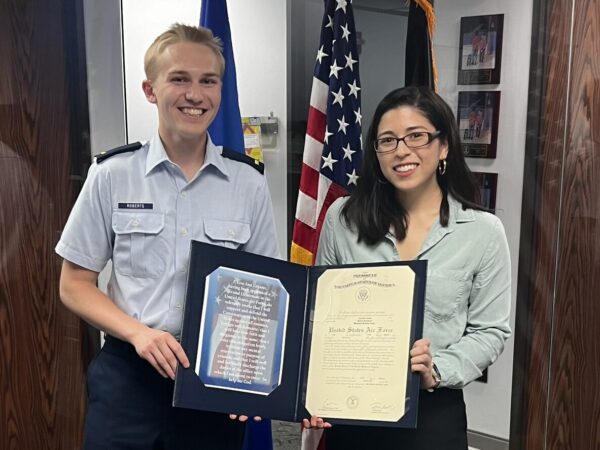
Change Is Hard: Strategies to Help Organizations Find Success
For every ten times an organization tries to enact change, it fails seven times. Dr. Junghwan Kim of the College of Education and Human Development said this statistic is mentioned in most literature on organizational change. He added that leading change correctly can impact whether a company grows or survives. “You may recognize that you cannot hear several companies which used to be famous just 10 years ago any longer,” he said. In his latest study, Dr. Kim and his co-authors looked at why an organization’s efforts to change often fail and what can help make that change possible.
Dr. Kim has 15 years of experience publishing journal articles on topics affecting the workforce and learning. He said both employees and their leaders, “need to reach a consensus on the need and urgency of organizational change to initiate their change efforts.” Dr. Kim’s study placed human resources and human resources development personnel as change agents who cultivate this learning culture in an organization and guide the organization through change.
The Associate Professor in the Department of Educational Administration and Human Resource Development said organizations can adopt strategies, such as unlearning, experimentation, and exploration, to foster adaptability to change. Dr. Kim added that success could be achieved by planning, implementing, evaluating and modifying change efforts toward becoming a learning organization.
Dr. Kim said current unexpected and impactful changes underline the importance and urgency for organizations to change. He hopes the findings of this study will help organizations and individuals develop more effective and successful strategies for change.
You can read more on this study in Chapter 36: Organizational Learning and Change: Strategic Interventions to Deal with Resistance in “Research Anthology on Digital Transformation, Organizational Change, and the Impact of Remote Work.”

Dr. Junghwan Kim.
For media inquiries, contact Ruben Hidalgo.














